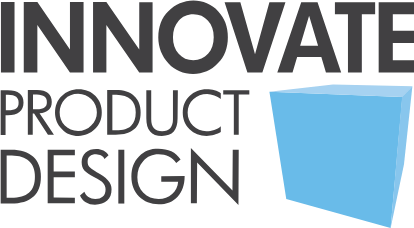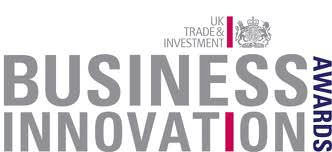Creating a new product for the first time and releasing it to the public is an exciting rite of passage for any entrepreneur. Even so, it’s important not to jump the gun. There are multiple considerations every individual or small business must decide on before a potential customer can even see a product. Most of these involve the factory that is manufacturing the product, assuming that production is taking place off-site. After deciding on materials to be used in production, establishing payment terms and a purchase order are at the top of the list.
Paying a Deposit and Arranging for an Inspection
It’s common practice for factories to require a large deposit upfront before starting to make the product. A typical deposit amount is 30 percent, but it may be as high as 50 percent depending on the company’s terms. Entrepreneurs and start-up companies should also be prepared to pay for the remainder of the order before the factory ships the product.Because of the large amount of money involved, it’s essential for the company or individual requesting the product to request an inspection before shipment. If the factory is close enough, the inspection can be completed personally. Otherwise, it’s possible to arrange for a third party to do the inspection and report back with results. The important thing is that the business receiving the newly manufactured product is completely satisfied with the work before agreeing to pay for it.A failure to conduct a proper factory inspection may lead to unidentified production issues, such as the prototype production quality shortcomings discussed on Autodesk’s Line//Shape//Space publication recently:
We prototyped a white microsuede item that looked beautiful as a sample. In production, however, instead of one hand touching it, dozens of hands get in there as it moves from station to station. Guess what? Hands don’t always get washed. I almost cried when I saw the FedExed production samples, 25 percent of which had discernible fingerprints. Nobody pays for new goods that look used. This unexpected quality problem cost us time, money, and relationship tension with our factory.
Essential Forms
The following forms help to create a paper record of the transactions and hold each party liable for upholding their end of the business deal:Purchase Order: As its name implies, a purchase order is a written record of the specific items and services the inventing company has ordered. This typically includes units, colors, and the price per unit that the two companies agreed to during initial negotiations.Invoice: This form states how many items the manufacturing plant actually produced. It should also list deposits made by the requesting company and the date the goods shipped or will be shipped. In international transactions, the invoice may be acceptable as a customs declaration.Packing List: When the products actually ship, the container must include a packing list including an exact description of what is inside. The dimensions of the carton(s) should also be included.
Considerations after the Product is Received
Start-up companies that order in mass quantities must decide where to store items that are not currently for sale. Some businesses are small enough to store excess inventory on-site, but others need to locate additional storage space. Typically, a storage facility for individuals won’t be large enough to store commercial inventory. That is why companies producing new products should budget for the cost of off-site warehouse storage.Entrepreneurs who plan to sell the product online or at trade shows also need to consider ongoing costs. These may include merchant accounts, entrance fees, and website hosting fees. Since these are typically long-term contracts, it’s important to leave enough funds to pay for them when business is slow.For a full discussion of other considerations to make when looking to manufacture an idea, or to learn about how Innovate can guide you through the process, visit https://innovate-design.com/business-advice/.



